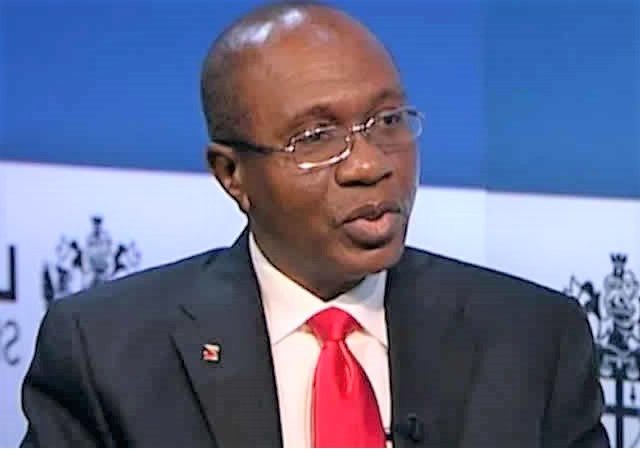The Central Bank of Nigeria (CBN) says it plans to restructure the operations of the Nigerian Commodity Exchange (NCX) and reposition it to be able to perform its function and role of stabilizing prices in the markets across the country.
The CBN governor, Godwin Emefiele, disclosed this on Tuesday while briefing journalists at the end of the first Monetary Policy Committee (MPC) meeting in Abuja.
Mr Emefiele said the apex bank was concerned with some private commodity exchange operators whose activities have fueled the spiraling trend in the prices of basic food items and agricultural products in in recent times
The governor said the activities of these private commodity exchanges were not only detrimental to the market, but also to country’s economy, adding that the CBN was determined to intervene to bring the situation under control.
With the discovery, he said the apex bank was convinced it was about time for the Nigerian Commodity Exchange to be repositioned and restructured to empower it to perform its legal function and role.
Presidential approval
He said the CBN has already sought and received the presidential approval to proceed with the process to restructure and reposition the Nigerian Commodity Exchange.
“It will operate like any standard commodity exchanges one would find in any part of the world, including stabilization of food and agricultural products prices generally,” he said.
“The CBN will soon be coming up with the agenda and framework for the restructuring and repositioning of the Nigerian Commodity Exchange in a manner that would make prices of commodities to be stable and low in Nigeria.
“The CBN will not allow some self-seeking private commodity exchanges in the country to be hoarding agricultural products and creating problems to destabilize prices in the market,” the CNN governor added.
Reiterating the CBN’s commitment to exercise its core mandate price, Mr Emefiele said the apex bank would not shy away from its responsibility of taking steps to ensure prices in the financial and commodities market are not destabilized.
With CBN’s control of 60 percent equity in the Nigerian Commodities Exchange, Mr Emefiele said the apex bank would use that to exert full control of the Exchange and run it the way commodity exchanges are supposed to be run in any part of the world.
“That’s one way the CBN is going stabilize food prices in the country. The other way is to continue our intervention in the agricultural sector in the country,” he said.
Previous plans to revive the NCX
Since 2017, the Federal Government has spoken of plans to restructure the existing commodities exchange in the country and regulate it activities in such a way to create a market for small scale farmers and other agricultural commodities to trade on their products.
The Nigerian Sovereign Investment Authority (NSIA) first announced plans to take over the Nigerian Commodity Exchange from the Bureau of Public Enterprises (BPE) in October of 2017 and revive its management to bring about price transparency and market stability.
The Managing Director of the NSIA, Uche Orji had then explained how the revived commodities exchange would work when operational.
“What happens to the cash crops farmers produce is that those big companies would send people to go and trade, or buy from farmers at certain prices, and those prices would end up taking value from the farmer. The Exchange would bring about price transparency.
“Everyone would know the value of their commodities. This would allow NSIA to create a whole new set of people who would trade in commodities in a transparent manner. This would give more value, as opposed to being cheated by people who go around buying or negotiating for people to buy at different prices.
If a farmer gets an alert in his phone every morning about the price of his commodity, then he is not going to be cheated by the special buyers working for the big trading companies. That is what we want to do,” Mr Orji explained.




